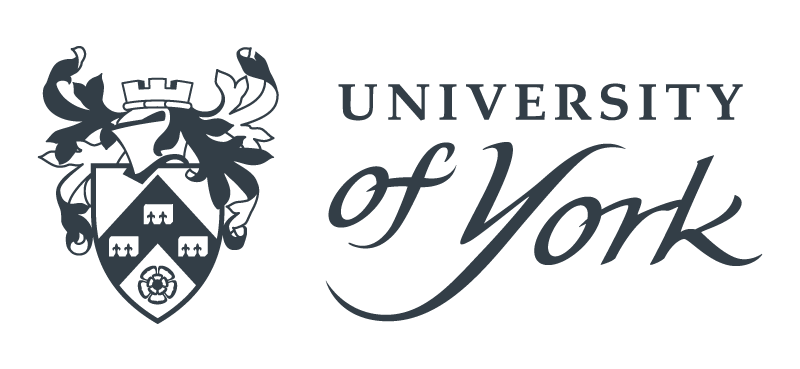Alcohol, drug and substance misuse: policy
Additional information
List of warning signs which may indicate use of illegal substances at work
Please note that none of these is indicative of substance abuse but taken together as a cluster may indicate changes in the well-being and behaviour of a previously productive member of staff.
List of the Signs and Symptoms of alcohol and drug/substance abuse in the workplace:
Capability
- Drop in attendance at work
- Decreased motivation, inability to focus, appears lethargic or spaced out
- Difficulties in concentrating on work
- Varying and sporadic quality of work
- Increased number of mistakes and worsening of decision-making ability
- Late arrival for work or high rates of absenteeism especially on Mondays and Fridays
- Early departures from workplace and increased rates of sick leave
Conduct
- Sudden changes in behaviour, irritability, moodiness
- Borrowing money from colleagues
- Arguing with colleagues
- Angry outbursts
- Inappropriate laughter
- Inappropriate interactions with colleagues
Safety hazards
- Member of staff safety records may show that person has been involved in a higher rate of accidents than other workers
- Carelessness in handling hazardous materials or operating dangerous equipment
Sources of help
- Health Assured - the University Member of staff Assistance Program offering face to face and telephone counselling, advice and topical helpsheets on a range of issues including addiction and recovery (available by logging on to Health Assured's website). Telephone: 0800 030 5182
- Community alcohol and drug teams - multidisciplinary teams offering counselling, advice, detoxification and methadone prescription, referral to hospital drug clinics and a range of other services usually via GP.
- Specialist voluntary sector agencies such as Drugscope and Alcohol Concern - providing specialist information and advice, with some performing the same function as community drug teams.
- Telephone help lines - national and local help lines providing information, advice and counselling, e.g. Drinkline, Telephone: 0300 123 1110 (weekdays 9am - 8pm, weekends 11am - 4pm).
- Self-help groups - providing self-help support to individuals attempting to stop or remain abstinent from alcohol or drug abuse (such as Alcoholics Anonymous and Narcotics Anonymous).
- General Practitioners - most referrals to specialist services are made via general practitioners or mainstream NHS facilities.
- Local health authorities and councils - have lists of local alcohol and drug services (eg York City Council and North Yorkshire County Council).
- Services found under 'counselling and advice' in the Yellow Pages directory.
- Counsellors and therapists - lists are available from the British Association for Counselling and Psychotherapy.
Document control
- Last reviewed: 31 July 2016
